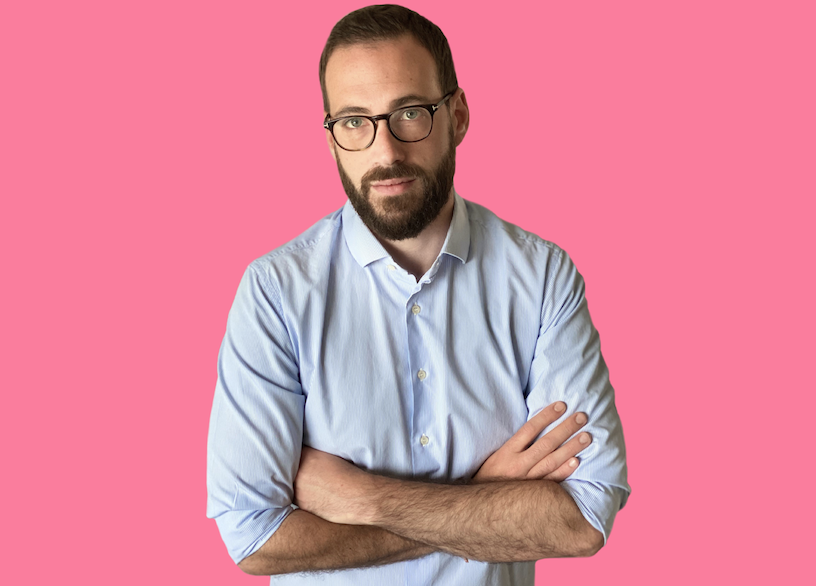Launched in February 2018, Kroo, the London-based consumer-facing fintech raised some seed funding last year for its prepaid card service which claims to offer more ‘social features’ in its drive towards offering full-blown banking services. Kroo’s pitch is that it removes friction from financial interactions with friends and family, and throws in some environmental initiatives as well, such as tree planting.
It’s now raised $24.5 million (£17.7 million) in a Series A funding round led by Rudy Karsan, a high-net-worth tech entrepreneur and founder of Karlani Capital. Kroo will use the funding in its drive towards a full banking license in early 2022.
The fund-raising is fairly unusual for a fintech startup that aspires to become a bank, given the lack of an institutional investor. However, this will give it a lot more freedom as it heads towards bank status next year.
Kroo currently offers a prepaid debit card plus an app to track personal and social finances, such as the ability to create payment groups with friends, track spending, and split and pay bills, removing the usual awkwardness around such things.
The company has also pledged to donate a percentage of profits to social causes, and launched a tree-planting referral scheme, so that every time a customer refers a friend, Kroo plants 20 trees.
Kroo CEO Andrea de Gottardo
CEO Andrea de Gottardo (pictured), who joined Kroo as Chief Risk Officer in 2018, said: “We want to build the world’s greatest social bank: a bank dedicated to its customers and to the world we live in. We’re going to do more than just work with Kroo customers to improve their relationship with money and provide them with access to fair loans. We’re going to offer them ways to actively take part in making our world a better place, like carbon offsetting and a tree-planting referral program.”
Karsan said: “The reason I’m excited about Kroo is that it has a concrete opportunity to dramatically change the way people feel about their bank, for good. Kroo has an exceptionally talented management team and a nimble tech stack that will enable the continuous delivery of banking features customers really care about.”
Speaking to me over a call, de Gottardo added: “We have raised, including the series A, over £30 million through high net worth individuals and syndicated investors. So we still haven’t done an institutional round. That was a choice.”
He elaborated: “We’re lucky enough to have Rudy Karsan, a high net worth, and an extremely supportive pool of investors that keep following on in the rounds. It was our intention get up to a Series A without any institutions, and to be free of the pressure from VC. It’s now highly likely we will go institutional for a Series B round.”













